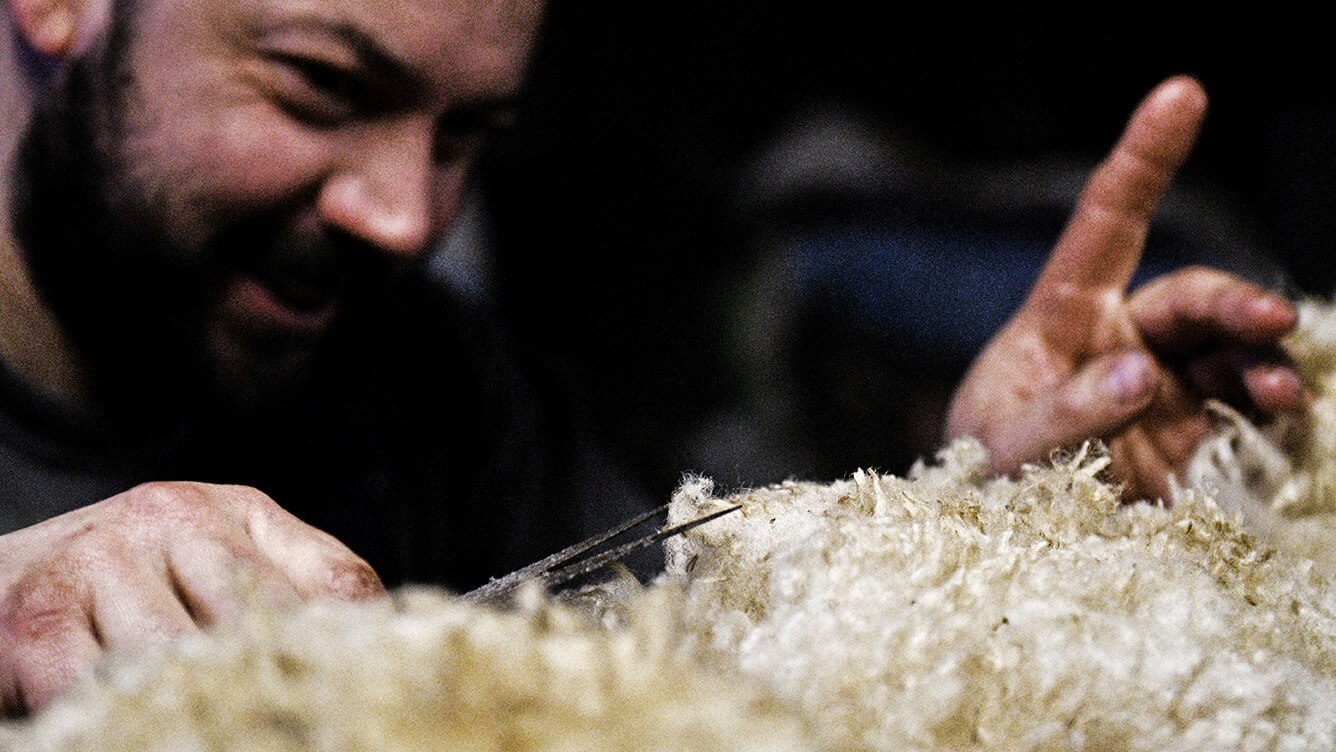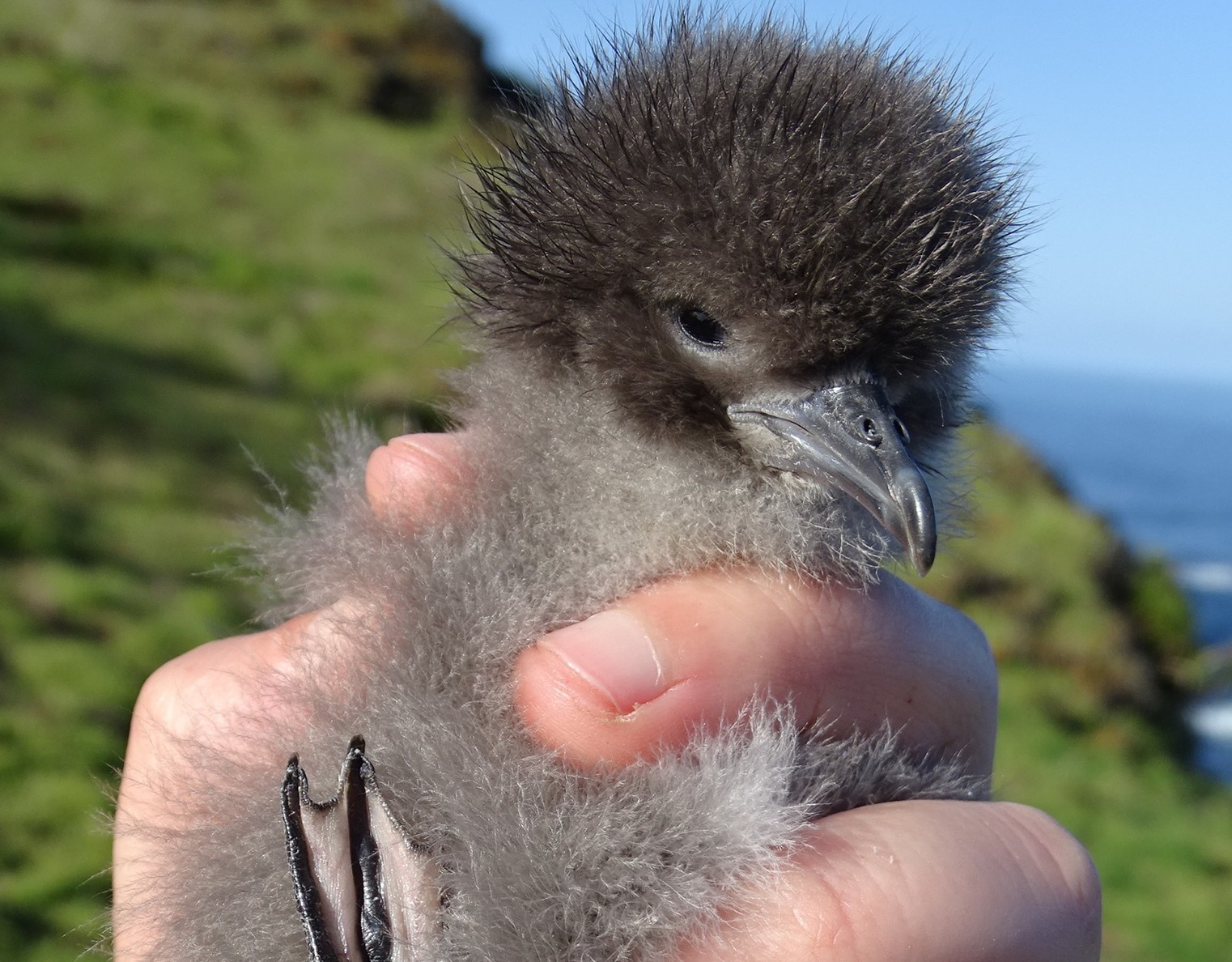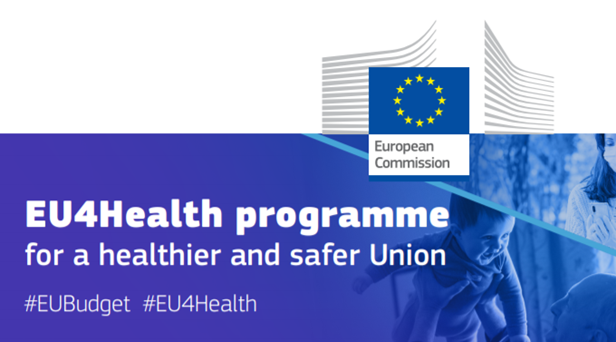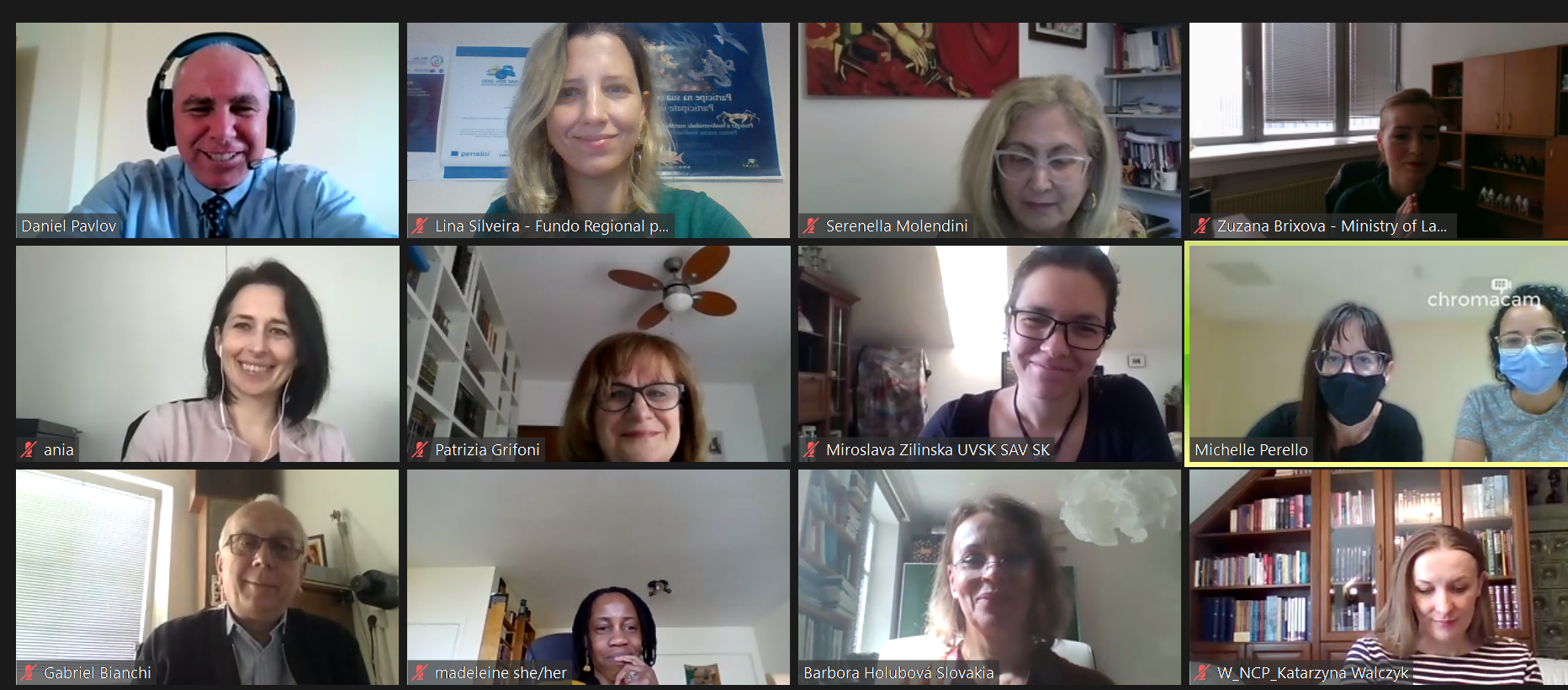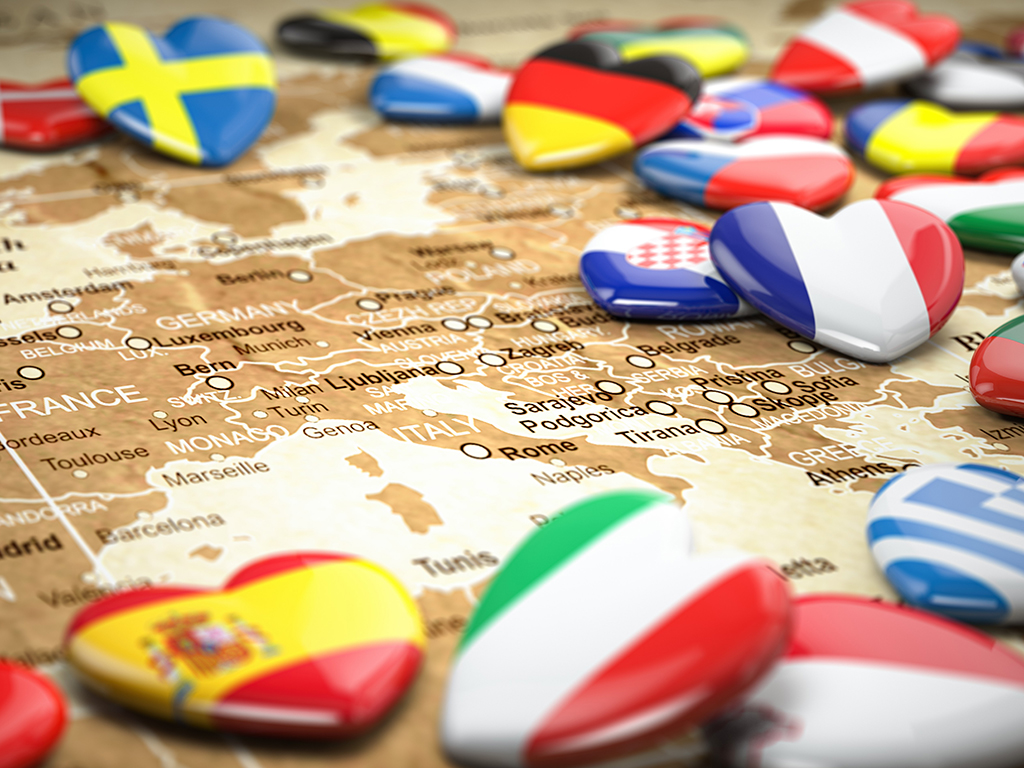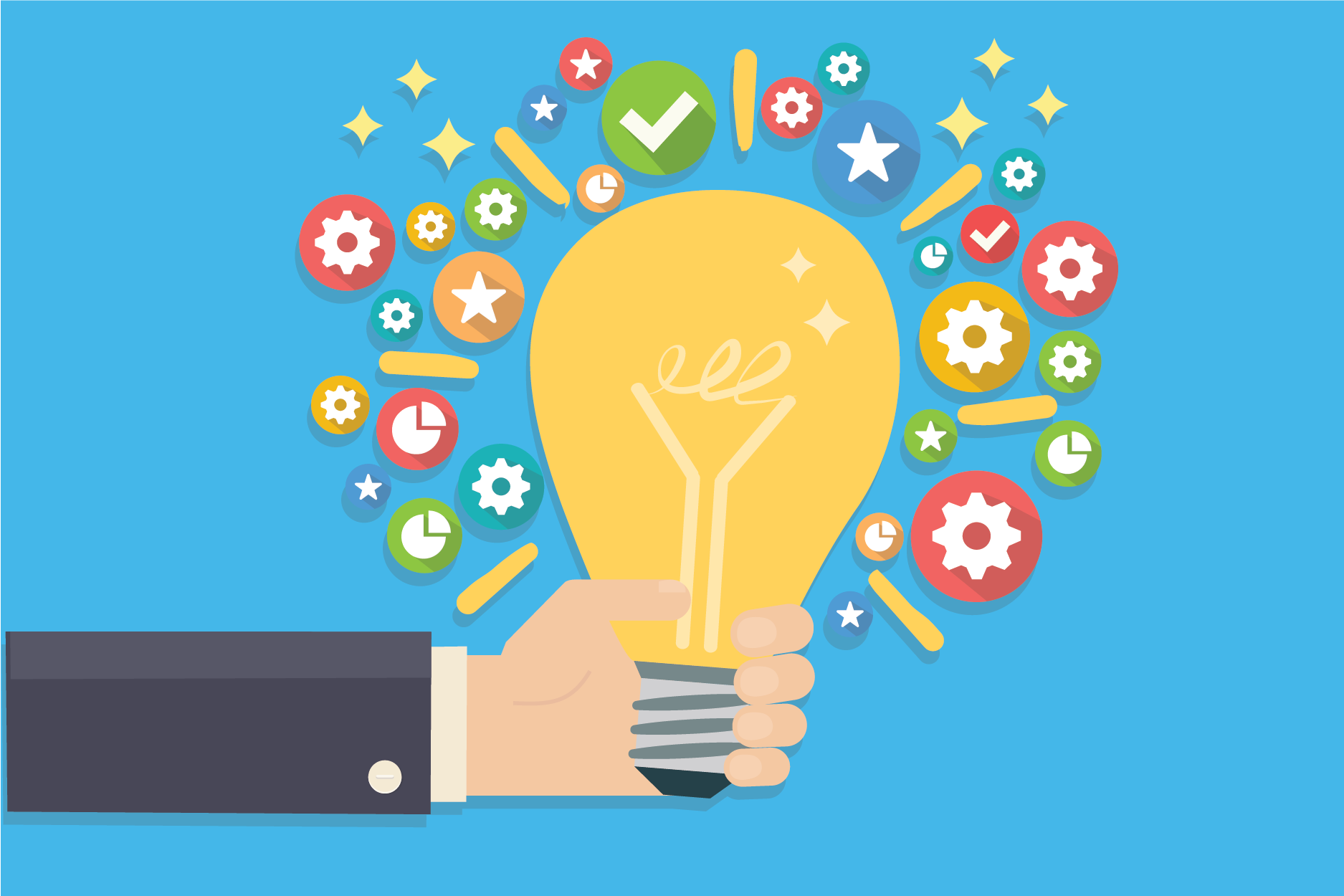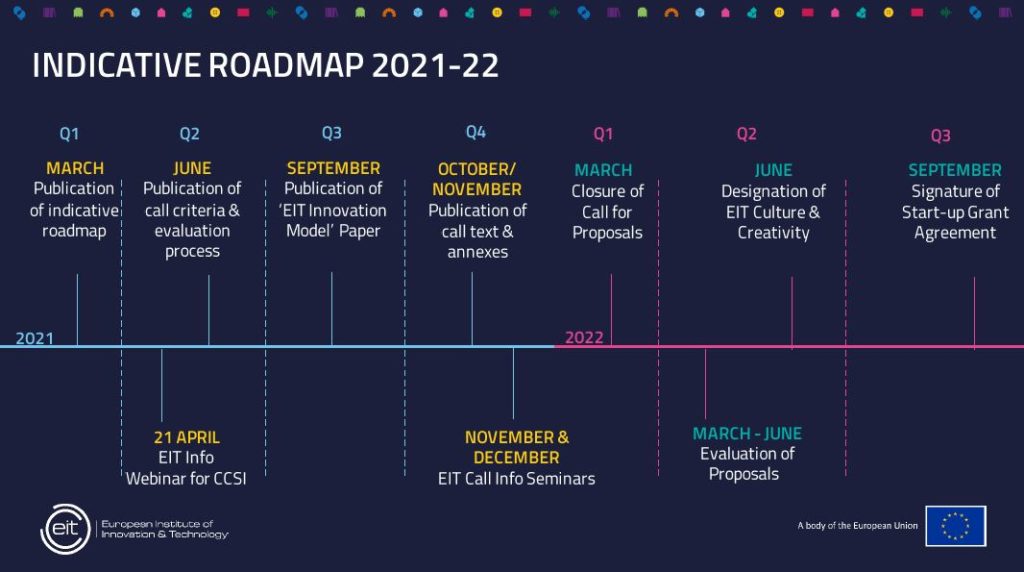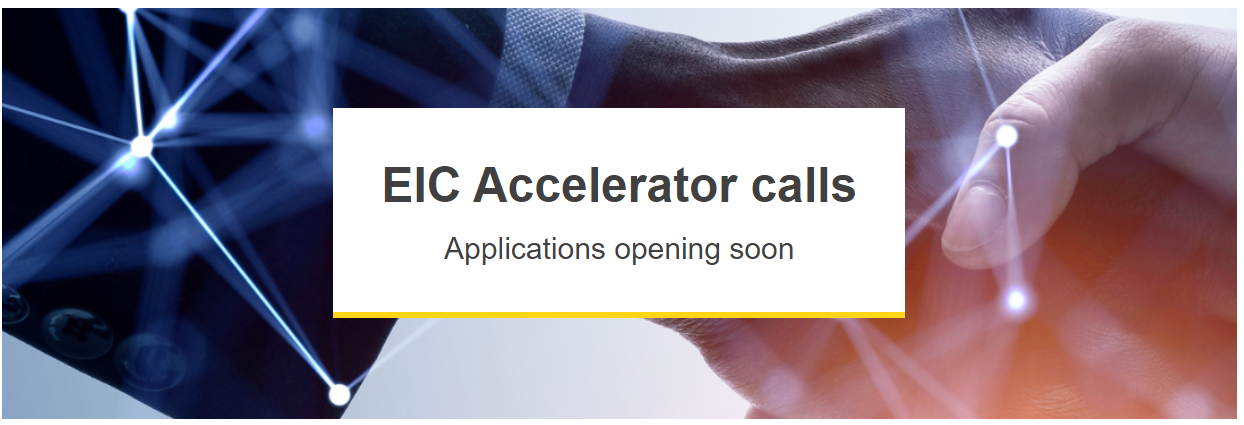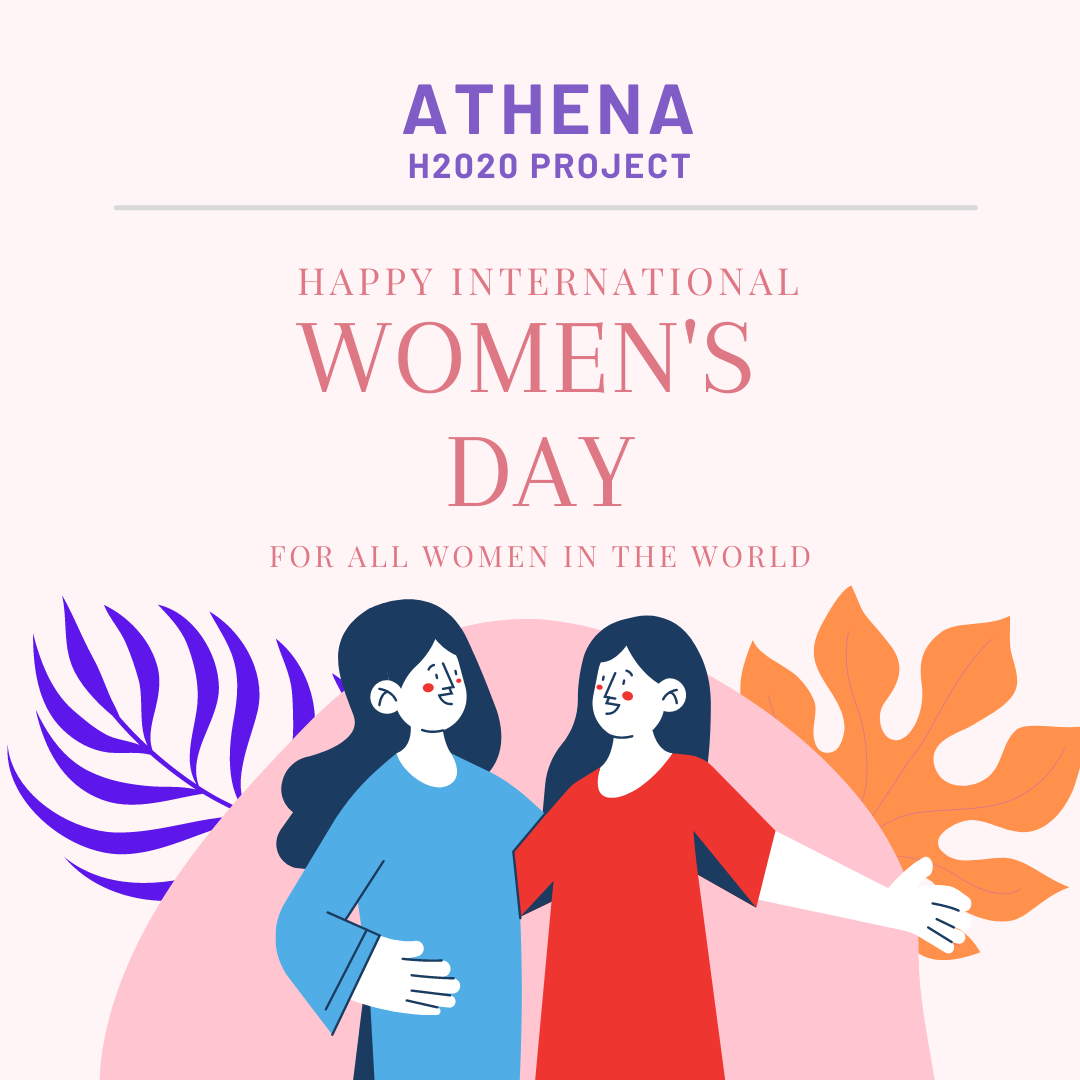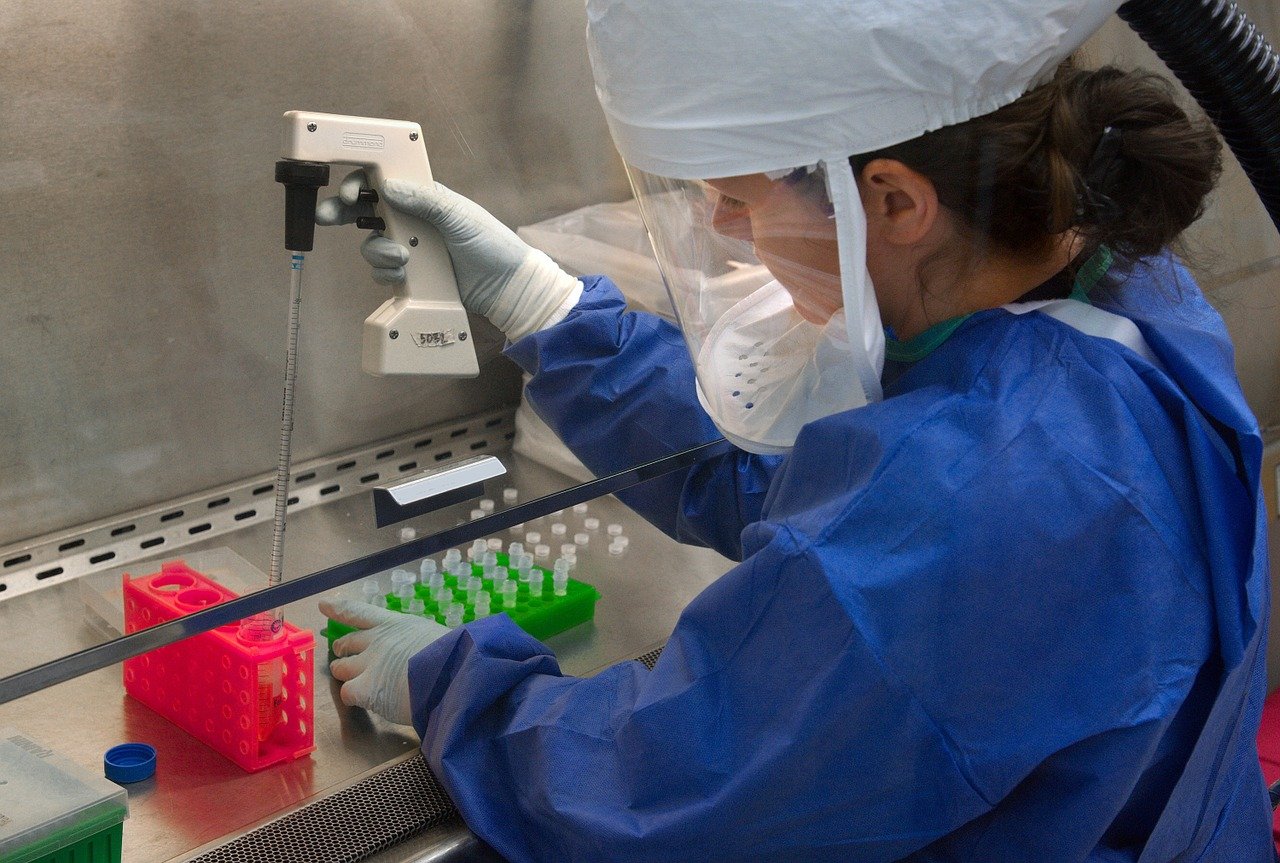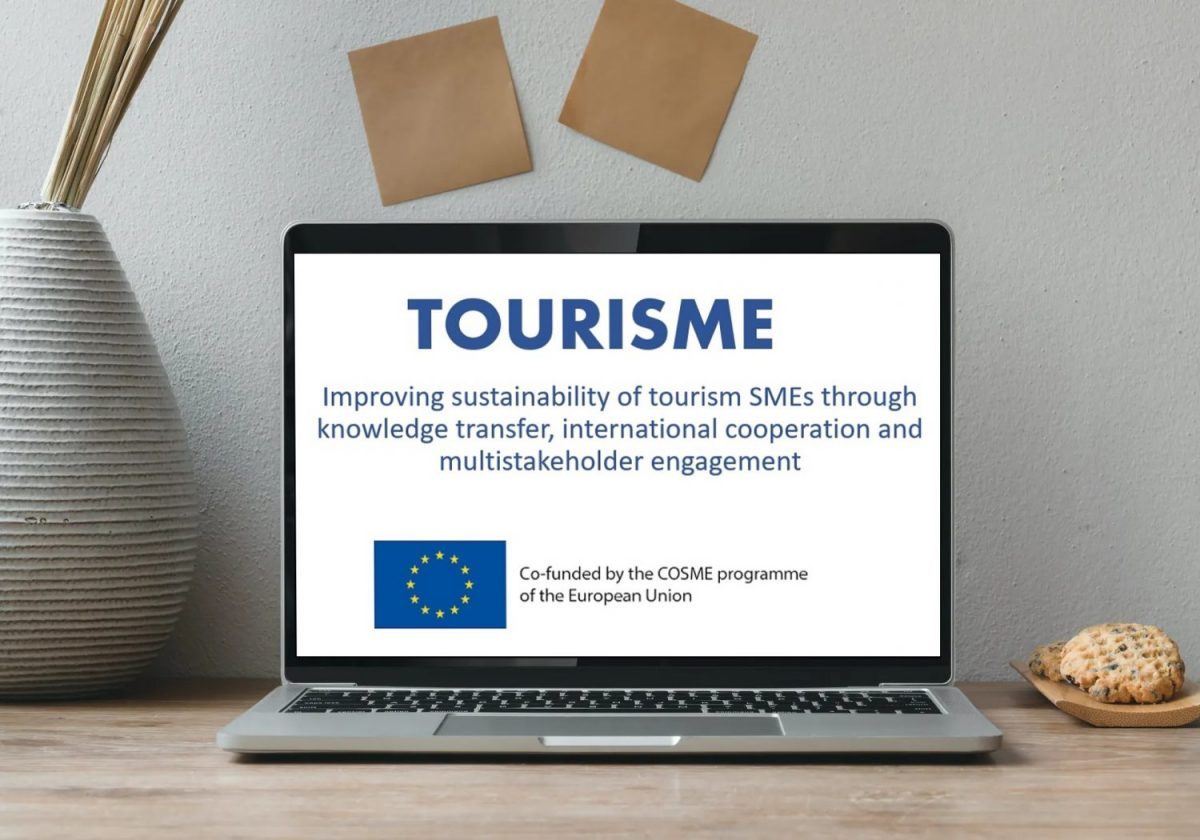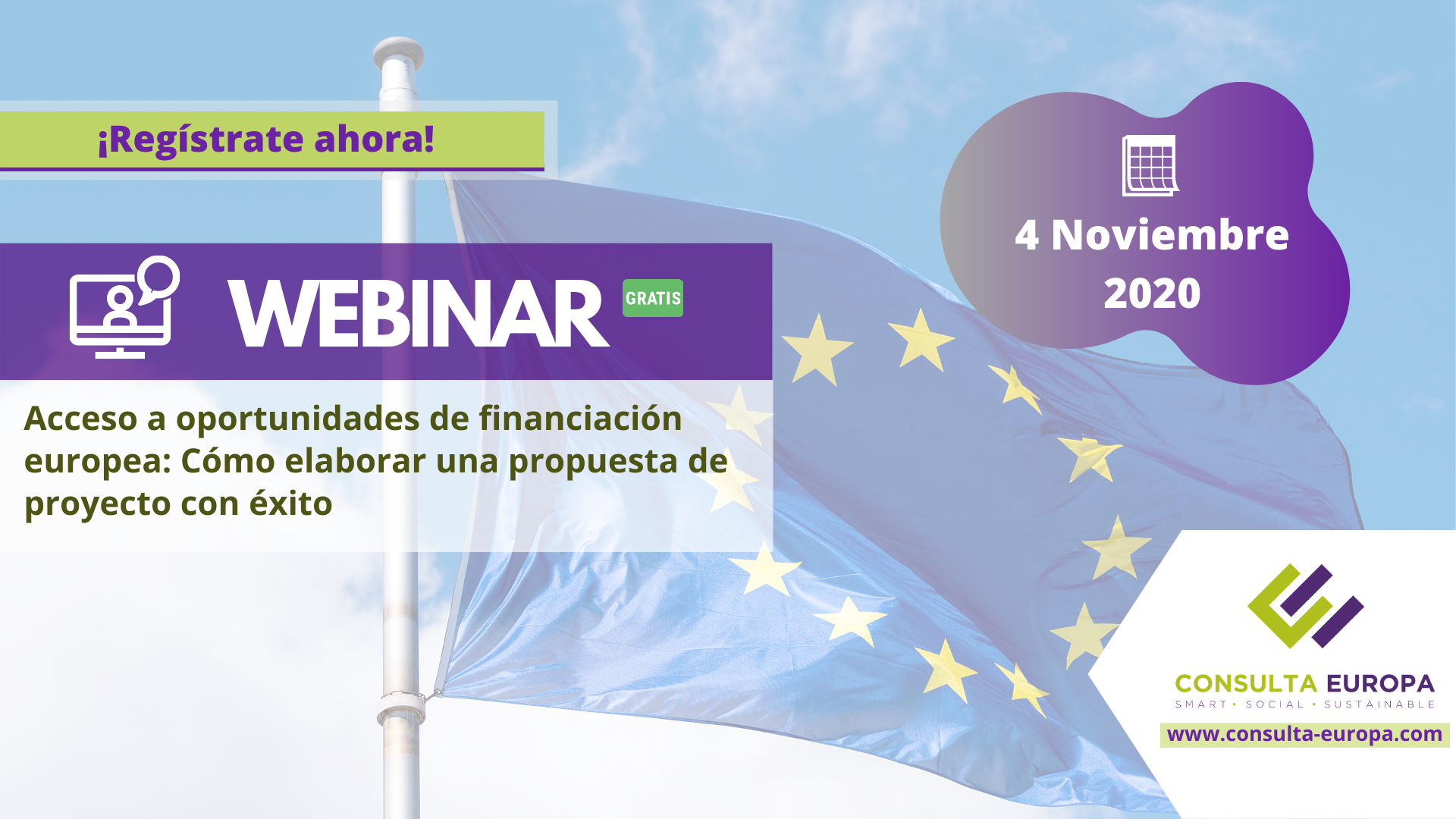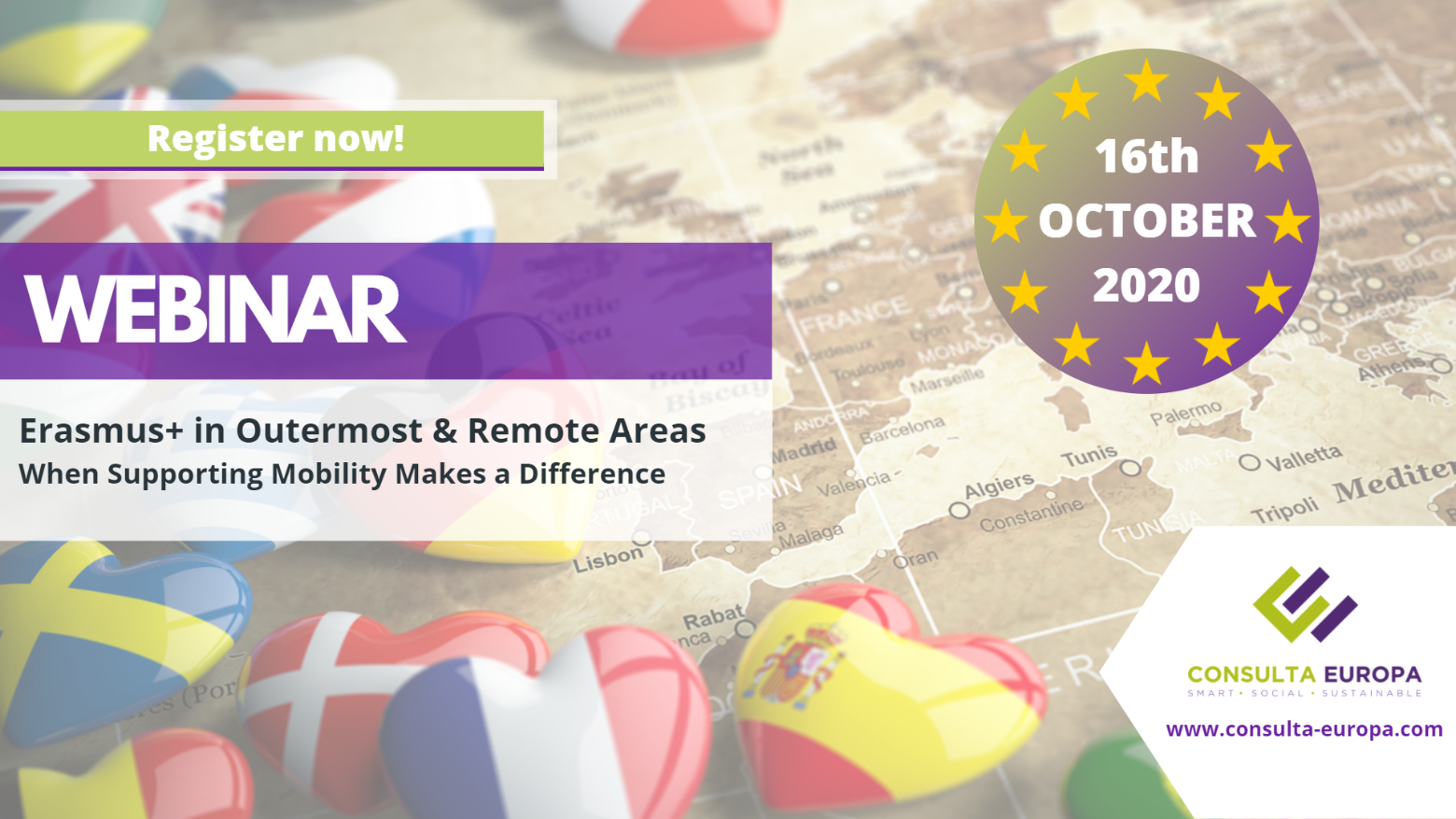Looking to implement gender equality plans to unlock the research potential of RPOs and RFOs in Europe, the Steering Committee confirmed the first four members of the Advisory Board.
The Steering Committee of the ATHENA project marked the first of many encounters to follow with the first Advisory Board members, to contribute to higher employment and productivity fairer and gender-equal society.
The Advisory Board will provide guidance and advice on GEPs planning and implementation throughout the whole project lifecycle. Moreover, they will also support coherent indicators to be measured while monitoring the strategies.
ATHENA is an H2020 project coordinated by Consulta Europa Projects and Innovation S.L. (Canary Islands, Spain) that contributes to unlocking the partner organizations’ research potential, improving the overall performance of the European Research Area. The main objective is to close the innovation divide by avoiding the waste of talent and inefficient use of skilled women from weaker regions of the E.U.
The initiative counts with 6 Research Performing Organizations (RPOs) from Slovenia, Poland, Romania, Slovakia, Spain, and Bulgaria, and 3 Research Funding Organizations (RFOs) from Italy, Canary Islands, in Spain, and the Azores, in Portugal.
The project will support eight organizations developing and implementing Gender Equality Plans to enable a cultural and institutional change and achieve gender-equal participation of researchers, professors, and administrative staff.
To reach its goal, ATHENA will count on the participation of a panel of 10 members of the Advisory Board (A.B.), from which 8 national authorities from the countries involved and 2 scientific publishers, with expertise on gender and women-related areas.
In April’s we had the participation of the first 4 members of the AB: Mrs. Madeleine Kennedy-Macfoy, policy advisor & guidance on gender equality in Education International and editor of the scientific journal ‘European Journal of Women’s Studies’; Mrs. Selendini, President of APS CREIS (Centro Ricerca Europea per l’Innovazione Sostenibile) and member of the Ministry of Labour and Social Policy of Italy; Mrs. Brixová, head of the Department of the Equality between men and women and equal opportunities at the Ministry of Labour, Social Affairs and Family of the Slovak Republic; and finally Mrs. Walczyk-Matuszyk, head of Research Potential Section/National Contact Point, National Centre for Research and Development of Poland.

